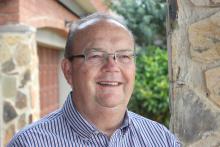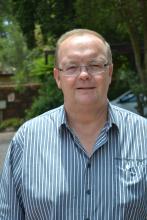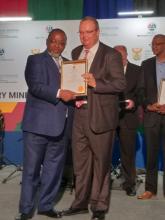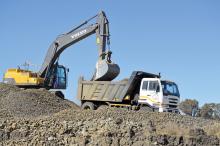South Africa’s aggregate industry remains profitable and sustainable even amidst a period of low growth brought on by dampened global markets which are slowing the country’s construction industry.
Despite this, many of the country’s formalised quarries remain profitable, with some of the major players even finding room-for-growth to post record earning that are over 25% better than last year’s figures. A feat which Aggregate and Sand Producers Association of Southern Africa (Aspasa) director, Nico Pienaar, ascribes to the adoption of improved business practices and the growing formalisation of the industry through the efforts of the association.
In just over a decade since the establishment of Aspasa, the industry has done a complete turnaround from being a largely unregulated, unchecked industry, to a professionalised industry numbering most of the country’s legal quarries. Its members have also chosen to adopt international standards for health and safety, as well as environmental practices.
“We support the sustainability of the local industry through the creation of a fair, balanced environment in which our members can operate, “ says Pienaar. “This includes the upskilling of members’ workforces, as well as through active involvement in legislative processes and other interventions aimed at defending the industry in the event of circumstances which negatively influence it.
“We are also active on a number of committees including those to set up new road building specifications, kerb illegal mining, as well as representing the industry at Exco level on the Chamber of Mines, the Mine Health and Safety Council, as well as the Mining Regulatory Advisory Committee (MRAC). These are just a few of the initiatives that we are involved in to smooth the way for the industry going forward.”
Pienaar continues: “We have an advanced quarrying industry with among the highest health, safety and environmental standards in the world. Yet we are also among the most heavily regulated and taxed industries in the world, so it is extremely beneficial to see how Europe, as well as countries such as Australia and the United States manage their resources. As a member of the Global Aggregates Information Network (GAIN) we are keen to learn from the international community and are equally eager to share our learnings with our global compatriots.”








